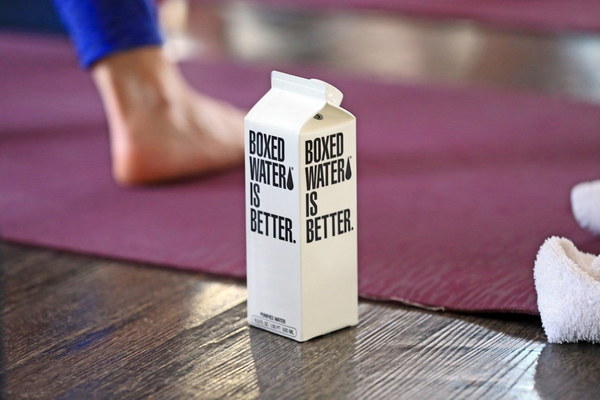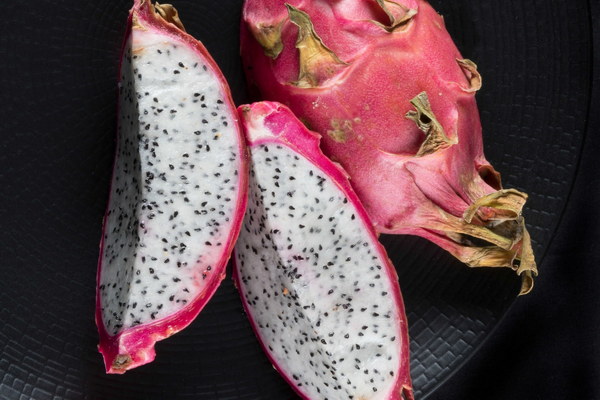Navigating the Menopause A Comprehensive Guide to Body Care for Women
The menopause is a significant milestone in a woman's life, often marked by a host of physical and emotional changes. As the body transitions through this phase, it is essential to take proactive steps to ensure a smooth journey. This article delves into the intricacies of post-menopausal body care, offering practical tips and insights to help women navigate this transformative period with ease and comfort.
Understanding the Menopause
The menopause occurs when a woman's ovaries stop producing eggs and hormones such as estrogen and progesterone, which regulate the menstrual cycle. This hormonal shift can lead to a variety of symptoms, including hot flashes, night sweats, mood swings, and vaginal dryness. It is essential to recognize these symptoms and seek appropriate care to alleviate them.
Balancing Hormones
One of the primary concerns for post-menopausal women is hormone imbalance. To address this, consider the following strategies:
1. Consult with a healthcare provider: A doctor can help determine if hormone replacement therapy (HRT) is suitable for you. HRT involves taking synthetic hormones to alleviate menopausal symptoms and reduce the risk of osteoporosis and heart disease.
2. Adopt a balanced diet: Consume a well-rounded diet rich in fruits, vegetables, whole grains, and lean proteins. These foods contain essential nutrients that support hormonal balance and overall health.
3. Engage in regular exercise: Physical activity can help regulate hormones and improve cardiovascular health. Aim for at least 150 minutes of moderate-intensity aerobic exercise or 75 minutes of vigorous aerobic exercise per week.
Managing Menopausal Symptoms
In addition to hormone balance, it is crucial to manage the various symptoms associated with the menopause. Here are some tips:
1. Hot flashes and night sweats: Dress in layers, use fans or coolers, and maintain a comfortable sleeping environment. Consider herbal remedies such as black cohosh or soy isoflavones, but consult with a healthcare provider before starting any new supplement.

2. Mood swings and anxiety: Engage in stress-reducing activities such as yoga, meditation, or deep breathing exercises. These practices can help regulate emotions and improve mental well-being.
3. Vaginal dryness: Use water-based lubricants to alleviate discomfort during sexual intercourse. Consider estrogen therapy, as prescribed by a healthcare provider, to address this symptom.
Maintaining Bone Health
Osteoporosis is a significant concern for post-menopausal women, as estrogen plays a crucial role in maintaining bone density. To support bone health:
1. Consume calcium-rich foods: Include dairy products, leafy greens, and fortified foods in your diet. Aim for 1,000 to 1,200 milligrams of calcium daily.
2. Get enough vitamin D: Sunlight is the best source of vitamin D, but you can also obtain it from fortified foods and supplements. Aim for 600 to 800 international units (IU) per day.
3. Engage in weight-bearing exercises: Activities such as walking, running, and strength training can help maintain bone density.
Prioritizing Mental Health
The menopause can be an emotionally challenging time. To promote mental health:
1. Seek support: Share your experiences with friends, family, or a support group. Connecting with others who understand your journey can be incredibly beneficial.
2. Practice self-care: Dedicate time to activities that bring you joy and relaxation. This might include hobbies, reading, or spending time with loved ones.
3. Consider therapy: If you are struggling with depression, anxiety, or other mental health issues, consider seeking professional help from a therapist or counselor.
In conclusion, navigating the menopause requires a multi-faceted approach that includes balancing hormones, managing symptoms, maintaining bone health, and prioritizing mental health. By implementing these strategies, women can ensure a comfortable and healthy transition through this transformative phase of life.









